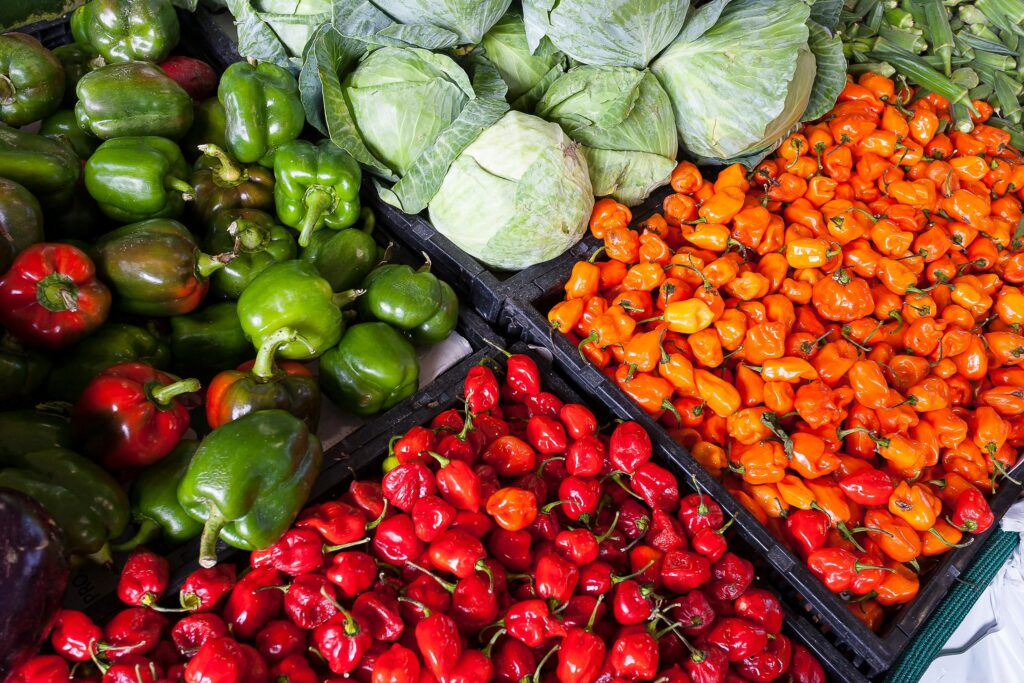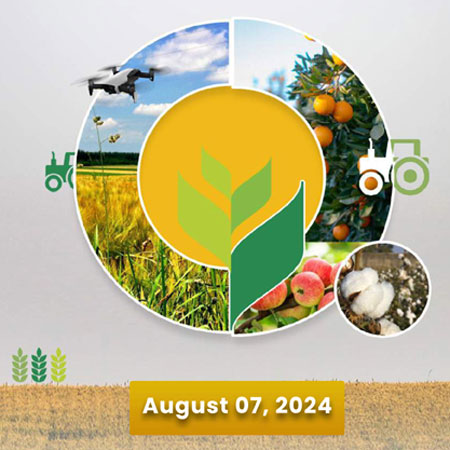

A two-day event was held in Hyderabad titled, “Laying a Foundation for the Sustainable Green Revolution: from India to the World”, bringing together innovators in the sphere of agriculture leading to the betterment of farmers in India.
Organised by Plasma Waters, the discussions focused on the use of plasma-ized water for increasing plant health, leading to sustainable increase of food production, harbinging a new chemical free green transformation. It is the latest water technology that converts water into plasma activated water (PAW).
Dr Sean Mayes, Global Programme Director, ACI, ICRISAT said, “Temperatures in India, last year was significantly above pre- industrial averages and we are going to see more and more particularly with erratic weather, unpredictable crops seasons and one of the things we need to see is solutions that are simple and can be scaled up.”
The increase in population leads to increase in demand and supply for the agriculture supply chain and climate change exacerbates this challenge. The dependence on chemical-based inputs will further lead to a whirl of damage for the environment and human health.
Plasma Waters is based on science-based technology, and works with two key markets USA and India. It is chemical free and leads to higher yields, is accessible and affordable and is low on energy and has a lesser carbon footprint. They provide service to partners and FPOs, using mobile devices to access climate analytics. FPOs are the highways for small holder farmers and help in collaborating with all the partners.
Pragya Kalia, Managing Director, Plasma Waters India, said, “We wanted to build technology that is accessible to the farmers and trickles down to the farmers. We wanted to build technology with a purpose.” Plasma Waters captures three Sustainable Development Goals with one technology. It is effective in hydroponics, increases seed viability, germination rate, controls root born diseases, promotes biomass production and increases freshness of the produce.
The event focused on different aspects of agriculture right from adaptation to the changing landscape like lesser amount of water availability, increased temperatures, decreasing land availability, changing food systems. For making agriculture a sustainable ecosystem in changing times, children need to be moulded at the right age. Organic Microgreens has been teaching sustainable agriculture to children by converting classrooms into technical labs, said the founder, Sourabh Shinde.
To deal with the lesser amount of availability of land, pollution, chemical less technology, farming indoors, Sairam Reddy, Urban Kissan founder, said, “Vertical farming, with its efficient use of water, reduced land needs, and reliance on renewable energy, emerges as a powerful answer to climate change, creating fresh, local food with a lighter footprint. By growing year-round in controlled spaces, it minimizes carbon emissions, preserves natural habitats, and protects crops from extreme weather. As cities embrace vertical farms, we gain sustainable food systems that support both our planet and people, paving the way for a resilient, climate-conscious future.”
The event was held in association with Plasma Water Solutions India Pvt Ltd, Samunnati and Heartfulness Institute, and was attended by experts from the government, IARI- ICAR, NABARD and FPOs from various parts of the country.
— The writer’s travel was supported by Plasma Water Solutions India Pvt Ltd in Hyderabad.










